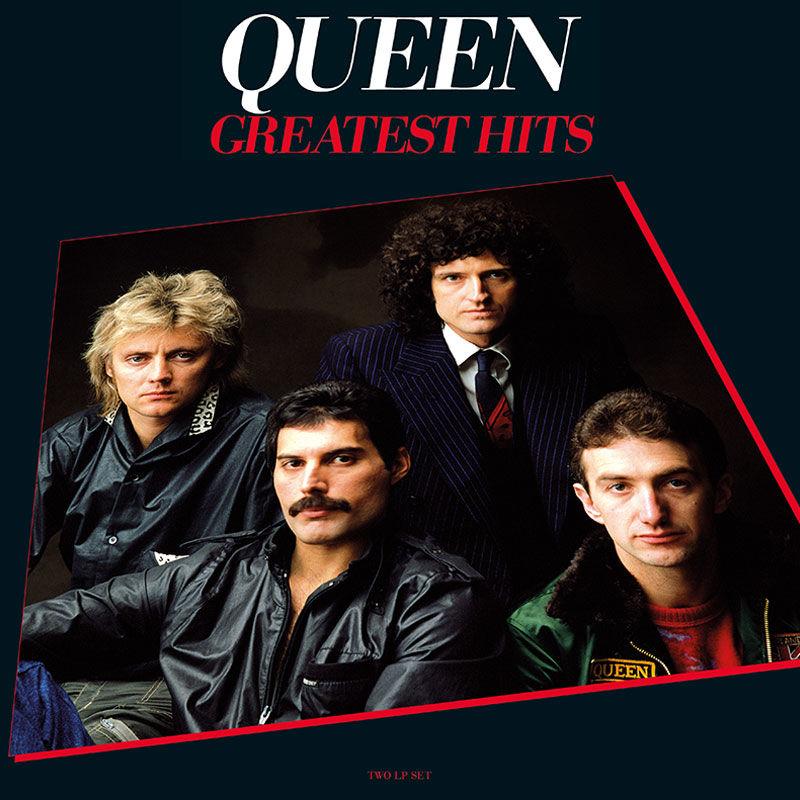Who will be king? Three-way battle for control rocks international chess.



Accusations of corruption , lies and Russian meddling fly as the World Chess Federation’s presidential elections approach

Candidates are feuding bitterly before a vote marred by accusations of vote-buying, “fake news” and Russian meddling. It may sound like Brexit or a US election, but this is an arguably thornier issue: a three-way battle for control over international chess.
The Greek acting president of the World Chess Federation (Fide), Georgios Makropoulos, has been accused of currying favour from cash-strapped federations. He in turn has accused Russian newcomer Arkady Dvorkovich, a former Kremlin aide, of using Moscow’s influence across the globe to mount an upset campaign.
The third candidate in Fide’s October presidential vote is Nigel Short, a punchy British grandmaster running on an anti-corruption ticket, who has nevertheless riled many in the sport.
The Russian bid sees one of the Kremlin’s most capable and modern lieutenants unleashed on a sport that, frankly, seems small fry for him. Dvorkovich was Russian deputy prime minister for six years and chaired Russia’s World Cup organising committee, which spent an estimated £10bn on the tournament. By contrast, the Fide’s annual budget is just £2.3m.

But the bid makes sense considering the importance of chess in the country and Russia’s traditional dominance of the federation, one of just a few where Moscow has recently held control.
The Russian operation, as described in leaked letters, media reports, and conversations with chess officials, is astounding for such a small sport.
Among the accusations: in a private meeting, Vladimir Putin urged Benjamin Netanyahu to sway the Israeli chess federation’s vote, according to a letter from the Israeli foreign ministry leaked to journalists and seen by the Guardian.
African and other chess officials appeared at Russia’s World Cup with complimentary tickets (Dvorkovich has said they were not in exchange for votes) and South American chess federations have received letters from Russian diplomats, urging them to back Dvorkovich in the coming elections.
European chess officials in three countries also described to the Guardian invitations to meet with Russian diplomats to discuss the elections.
“It could definitely be enough” to turn the election, said Adrian Siegel, Fide’s treasurer and a member of Makropoulos’s ticket, estimating at least 30 chess federations have been contacted by Russian officials. With a complex vote system allowing a three-way run-off, the race remains too close to call.
Four years ago, it was Makropoulos, known for his iron grip over the organisation, who was facing claims that his ticket was benefitting from Russian support against chess master and political dissident Garry Kasparov.
Observers of the game say the October vote is a chance for change after a generation of the sport being dominated by the eccentric Russian businessman Kirsan Ilyumzhinov. He was forced out earlier this year after being sanctioned by the US for his ties to Bashar al-Assad, leading to Fide’s Swiss bank accounts being frozen.
There remain deep reservations over how chess is run today. As one popular joke goes: it’s like Fifa, just lop off a few zeros.
“The sport has been deeply lacking in transparency and professionalism,” said Peter Doggers, a reporter and director of content for Chess.com, who has covered Fide’s internal politics and the elections campaign closely. “It is a question: why hasn’t chess gotten bigger? We’ve had so many missed opportunities.”
Ilya Merenzon, the Russian public relations veteran who runs World Chess and holds an exclusive contract to organise Fide competitions, imagines the sport as arty and intellectual, but also seems keen to add a dash of sex. A logo for the 2018 championships, which resembled two bodies entangled over a chess board in a pose reminiscent of the kama sutra, went viral after it was described as “pawnographic”.
From a Stalin-era skyscraper in Moscow, his young team of planners are working on chess’s premier event: a championship match in London on Southampton Row between superstar Magnus Carlsen and American challenger Fabiano Caruana.
He imagines championship chess as a “billion-dollar business, based on digital”, and says that World Chess, which held the 2016 championships in New York, has “made the sport cool again.”
Critics have faulted World Chess’s planning of other tournaments and say that Merenzon is inflating the sport’s reach and financial potential.
His contract to organise competitions, which also includes media and marketing rights, is one of the controversies in a sport that, when it comes to international level, punches below its weight. Prize money for championship chess matches has decreased in the last decade. Carlsen and Caruana are expected to split €1 million, the minimum allowed by Fide.
“We’ve sold the crown jewels,” said Short, who has promised to rip up World Chess’s contract if he is voted in.
Short has positioned himself as an anti-corruption candidate, saying the sport has scared off international sponsors because of its lack of transparency.
“Many of the sponsors are tied to Russian businessmen and that’s been true since Agon took over really,” said Ian Rogers, an Australian grandmaster and chess journalist, referring to Merenzon’s company. Partners for the 2018 championship match include PhosAgro, a Russian fertilizer company and Kaspersky Lab, the Russian cybersecurity company.
Merenzon says he’s made the business of chess more transparent since he bought Agon, including by moving the company from Jersey to London.
While reform is the buzzword of this year’s elections, Short remains a dark horse. “He’s pissed too many people off, some might not vote for him for personal reasons,” said Rogers.
A commonly cited example was his Sunday Telegraph obituary for rival Tony Miles, where he wrote that he had “obtained a measure of revenge not only by eclipsing Tony in terms of chess performance but also by sleeping with his girlfriend”.
Short believes his opponents are slinging mud.
“These guys don’t have a skeleton in their cupboards, they’ve got entire graveyards of skeletons,” Short said. “They try to hit me with whatever they can find.”
Chess observers say that, putting the Russian connection aside, Dvorkovich has a reputation as a capable bureaucrat with a cleaner reputation than Makropoulos, who was closely tied to Ilyumzhinov.
Perhaps sensing it is losing ground, Makropoulos’s campaign has sought to use Russian interference as a wedge issue against Short.
“Will you condemn Russian Govt interference in the election? Are you working with @advorkovich? would you rather he wins because as we all know and on your own admission you have no chance,” Malcolm Pein, a member of Makropoulos’s ticket, asked Short on Twitter recently.
The vote will take place in October in Batumi, Georgia.
Tags





